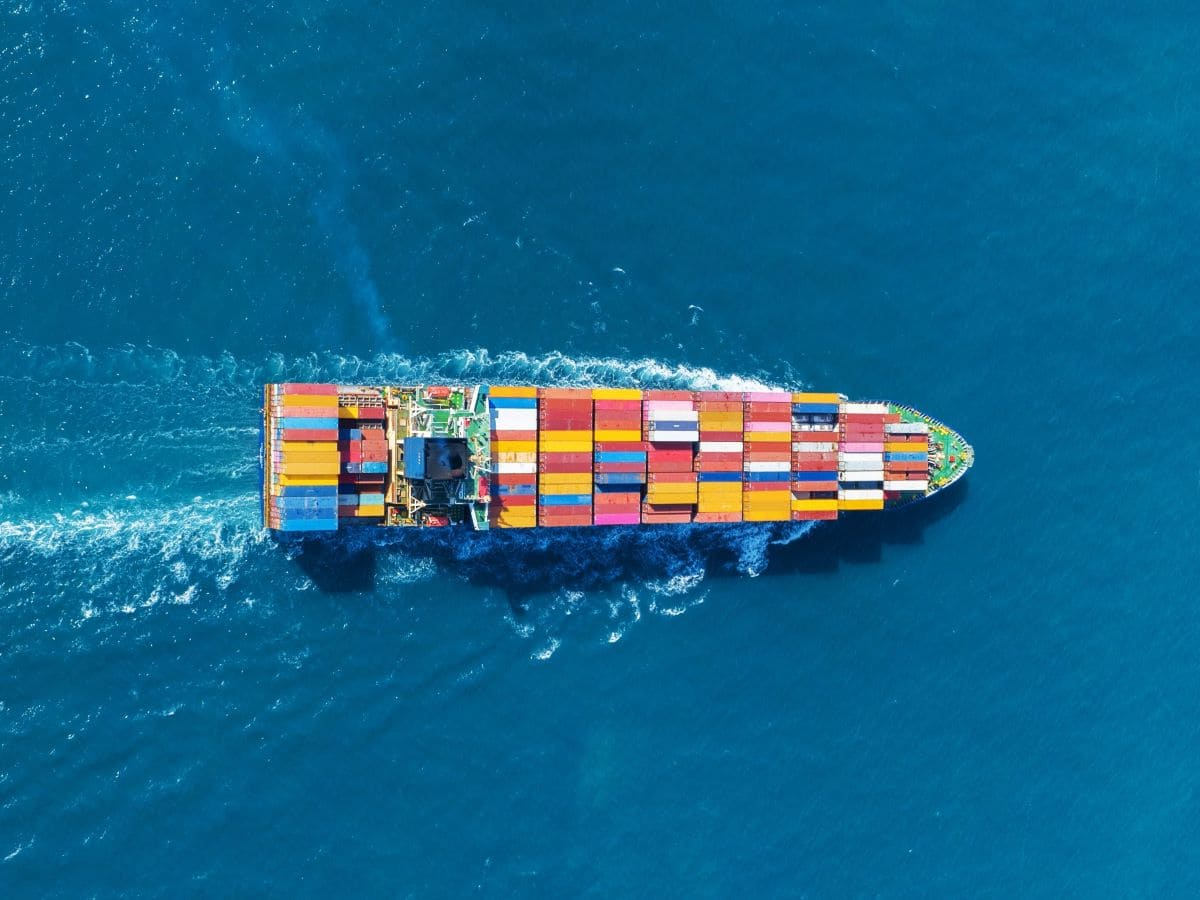This article is also available in Italian / Questo articolo è disponibile anche in italiano
Started in October 2023 as part of the Zero Pollution Action Plan promoted by the former European Commission, the legislative process for the Regulation of the European Parliament and of the Council on the prevention of dispersion of plastic pellets to reduce pollution from microplastics has reached its final stages. In the early hours of 9 April, the trilogue approved the provisional agreement.
After being approved and formally adopted by the Council and Parliament, the regulation will be published in the EU Official Journal and will enter into force two years after its publication.
What does the regulation stipulate?
The regulation states the ambition to prevent the dispersion into the environment of plastic pellets, that is, industrial raw materials in the form of plastic granules smaller than 5 mm used to make plastic products. To do so, it identifies a hierarchy of actions.
Prevention is the most important and it is supported by mandatory measures for using adequate packaging and equipment, as well as training and infrastructure. It is then followed by containment of spills, and lastly by cleaning up of spills and leaks of pellets. In the event of spills and leaks, both European and non-European operators are subject to mandatory reporting.
Even if real-time reporting and independent verification are not yet required, this represents a first step towards greater transparency throughout the supply chain.Plastic pellets (also known as granules or nurdles) are the second most important source of pollution in the marine environment.
This regulation is the first administrative act to include mandatory measures to fight against their dispersion, including European and non-European operators and the shipping sector, whose inclusion was not secured until the day before the agreement was reached.
In this sense, it represents an improvement over existing voluntary initiatives, such as Operation Clean Sweep promoted by the industry or the measures promoted within the International Maritime Organization (IMO). However, observers note that the stated objective of “zero pellet loss” is hard to achieve, also due to exemptions for small and medium-sized enterprises supported in recent days by the current European Commission in the name of simplification.
Exemptions for 97% of the plastic supply chain
"This agreement is a great demonstration of EU leadership in the global fight against microplastic pollution. The EU has recognized plastic pellets for what they are: a major source of microplastic pollution and a serious threat to the environment. Binding rules on prevention, supply chain obligations and the inclusion of the maritime sector are important steps forward. However, loopholes, delays, exemptions and arbitrary thresholds risk hindering their impact," said Amy Youngman, Legal and Policy Specialist for the Environmental Investigation Agency.
The EU Parliament and Council were close to reaching an agreement that required all companies handling more than 1,000 tonnes of plastic pellets per year to be subject to external reporting and certification requirements.
But as investigative news outlet Contexte reported on 3 April - less than a week before the start of the trilogue meetings - the European Commission threatened to oppose any agreement that included small and medium-sized enterprises, to avoid imposing further administrative burden on them.
If the Commission had opposed it, the agreement would have required a unanimous vote in the Council, which was not guaranteed, as Germany had also expressed reservations about the inclusion of obligations for small and medium-sized enterprises.
The final agreement resulting from the trilogue negotiations exempts operators who handle less than 1,500 tonnes per year per facility, instead of applying a risk-based or quantity-based approach. A “high threshold” according to the coalition of environmental associations Rethink Plastic Alliance, which calculated that 1,500 tonnes correspond to 75 billion pellets and thus had asked that the exemptions only include operators who produce less than 300 tonnes per year.
The regulation agreement also stipulates that small and medium-sized enterprises (with fewer than 50 employees and an annual turnover of less than €10 million) will not be subject to external audits even if they handle more than 1,500 tonnes of granules per year. They will only have to complete a one-off certification five years after the regulation comes into force.
This is “even more worrying” according to Rethink Plastic Alliance, which estimated that SMEs make up most of the plastics supply chain, representing 98% of the processing sector and 97% of the transport and storage sector.
“Poor understanding or lack of political will”
A source close to this dossier, who prefers to remain anonymous, told Renewable Matter: “This is not yet publicly available information, but all three institutions agreed in their initial positions that if you handle less than 5 tonnes per year you are completely exempt from the regulation.” According to the same source, “Under the pretext of simplification, Commissioner for the Environment, Water Resilience and Competitive Circular Economy Jessika Roswall will continue to promote diluted regulatory ambitions for smaller companies. This was also seen in the first F-Gas Regulation (2006), which exempted smaller operators, but in practice left the door wide open for emissions and compliance gaps. They then had to tighten the initial regulatory framework because it did not deliver the expected emission reductions, partly due to leakages and inadequate controls among smaller operators.”
“The agreement that was reached represents an important step in preventing microplastic pollution. For the first time, we have a comprehensive framework that addresses risks throughout the entire supply chain, including preventive measures and maritime transport, which was previously unregulated”, explains to Renewable Matter César Luena, member of the Group of the Progressive Alliance of Socialists and Democrats in the European Parliament and rapporteur on the dossier. “As with any legislative process, the final text reflects a balance between ambition and feasibility. In this regard, and considering the political context in which we operate, I believe we have achieved a good result and that this regulation will contribute to real progress and provide the necessary tools to address pellet losses.”
Although the EU has the most advanced legislation on plastic pollution at international level, the latest report and of the Joint Research Center shows that the goal of reducing microplastic pollution by 30% by 2030 will not be achieved and that emissions are actually increasing.
“With microplastics detected in human blood and organs, there is no room for half-measures. Exempting or applying lighter requirements to SMEs — in the name of simplification — reflects either a lack of understanding of the plastic pellet value chain or a troubling absence of political will. Regulatory simplification must not become an automatic, ideological reflex when the core issue is the risk of high environmental pollution — regardless of company size”, said Lucie Padovani, Marine Litter Lobbying Officer for Surfrider Foundation Europe.
The environmental foundation Marevivo is more optimistic: "Marevivo welcomes the provisional agreement of the regulation to prevent the dispersion of plastic pellets, which causes very significant damage to the environment and the sea, like other sources of pollution from microplastics.” Said Raffaella Giugni, General Secretary of Marevivo, to Renewable Matter. “Alongside prevention, Marevivo underlines the urgency of planning clean-up interventions in the areas already contaminated, essential to restore the affected ecosystems and protect marine fauna. Through the food chain, microplastics end up in our bodies, putting our health at risk. Without a clean-up plan, the impacts of the past will continue to undermine future efforts to protect the sea".
What are the implications for a global plastics treaty?
Observers say the adoption of the regulation by the EU could serve as an example to increase ambition at international level as well, such as in the negotiations for a global plastics treaty.
"By introducing mandatory requirements, the EU is demonstrating the need for a robust and comprehensive approach to tackle microplastic pollution. This sends a strong signal internationally and we hope it will help increase negotiators' ambition when negotiations for a global plastics treaty resume in August," said Renewable Matter Natacha Tullis, who leads the Pew Charitable Trust’s efforts to advance European Union legislation to curb microplastic pollution.
“The EU’s plastic pellet regulation sends a powerful signal to global negotiators — binding measures to prevent plastic pellet loss are both necessary and achievable”, concludes Amy Youngman. “Negotiators in the global plastics treaty have consistently recognised plastic pellets as a distinct and harmful source of pollution to be controlled in the final instrument, and this regulation provides a concrete model for how to tackle loss across the supply chain.”
Cover: Envato image



